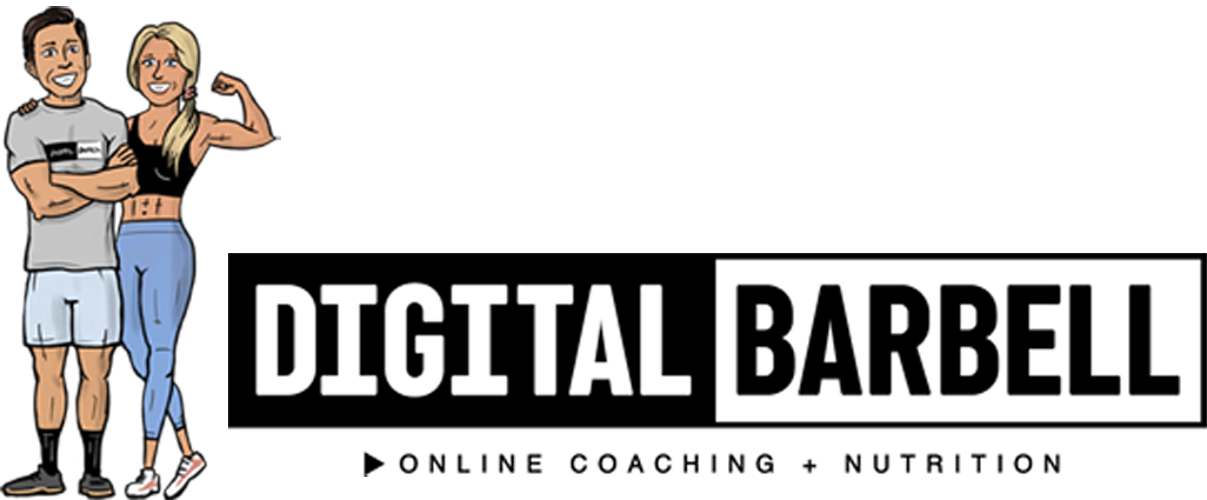Is Fiber Good For Health, Digestion and Fat Loss?
Are you looking for a dietary “hack” that helps you shrink that belly, hips or thighs?
Well, unfortunately, most fat loss “hacks” are really just ways for powder and pill pushers to line their pockets at your expense.
But alas! There’s a science, research, and experience-based change you can make to your nutrition to help you move that fat loss needle!
Not only that, but it’s got a million (not quite a million, but close) other health benefits.
Fiber!
Did you just picture your grandparent’s vitamin cabinet with a giant bottle of Metamucil in it?
So how can fiber help with fat loss?
High fiber foods are typically pretty darn filling. Ever tried to eat a double serving of oats or leafy greens?
High fiber foods are typically lower in calories than processed foods. Eat more food for fewer calories!
Fiber passes through the digestive track slowly which can help keep you fuller longer. Less mindless grazing.
Not all of the calories from fiber are absorbed by the body. The closest thing you’ll ever get to a free lunch!
High fiber foods are rich with other micro-nutrients that can keep our hunger hormones in check. Less cravings!
Besides fat loss, fiber helps regulate the normal "flow” of our digestion, helps promote a healthy gut, and has been shown to help lower cholesterol levels in research studies.
So how much fiber is ideal? We recommend shooting for about 10g of fiber per 500 calories that you eat per day.
For women, this typically falls in the 25-35g of fiber per day range and between 25 and 40g for men.
So what foods have fiber? I’m glad you asked!
Here are some of our favorites:
Raspberries
Blackberries
Oatmeal
Beans
Peas (green)
Passion Fruit
Avocado
Bananas
Pears
Artichokes
Pro tip: If you find out you’re only eating about 5-10g of fiber per day… Don’t jump straight to 25 or 30g all at once. Work your way up 5g per week and increase your water intake as you go. Fiber + Water is a good combination.
Are you wondering if you should just take a fiber supplement to boost your daily total?
Remember, supplements should be just that. Supplemental to the foods that we eat, and not a primary part of our nutrition. Try to get your fiber from real food. You’ll get the host of other micronutrients, the improved energy and better digestion that come along with a diet rich in high fiber foods.
Go forth and eat fiber!
All our best,
Jonathan & Blakley
